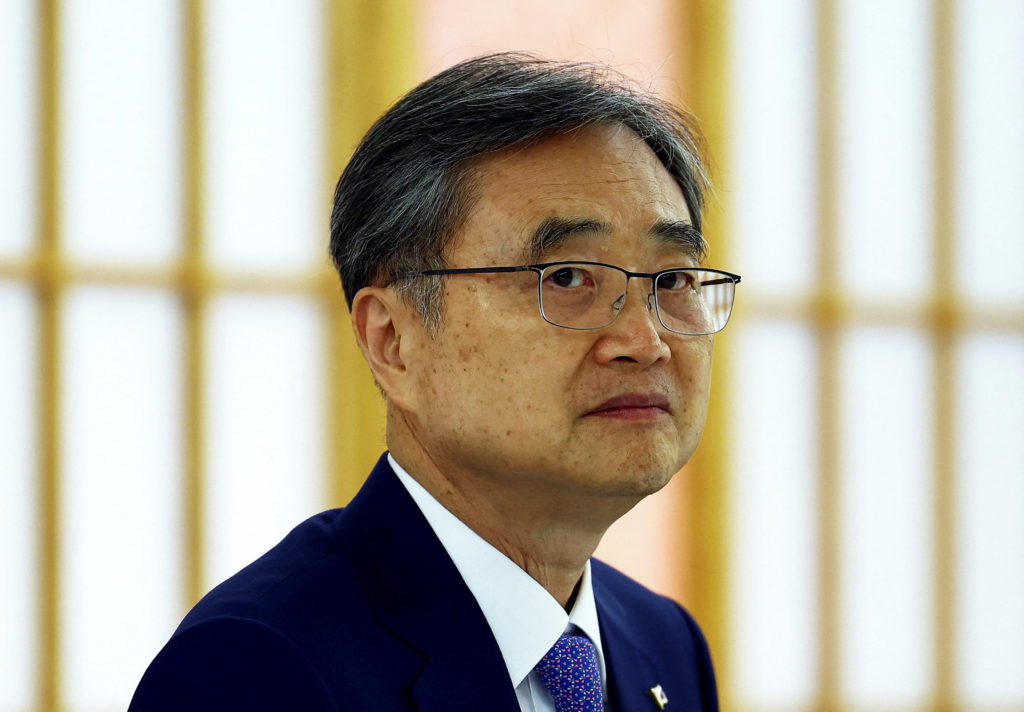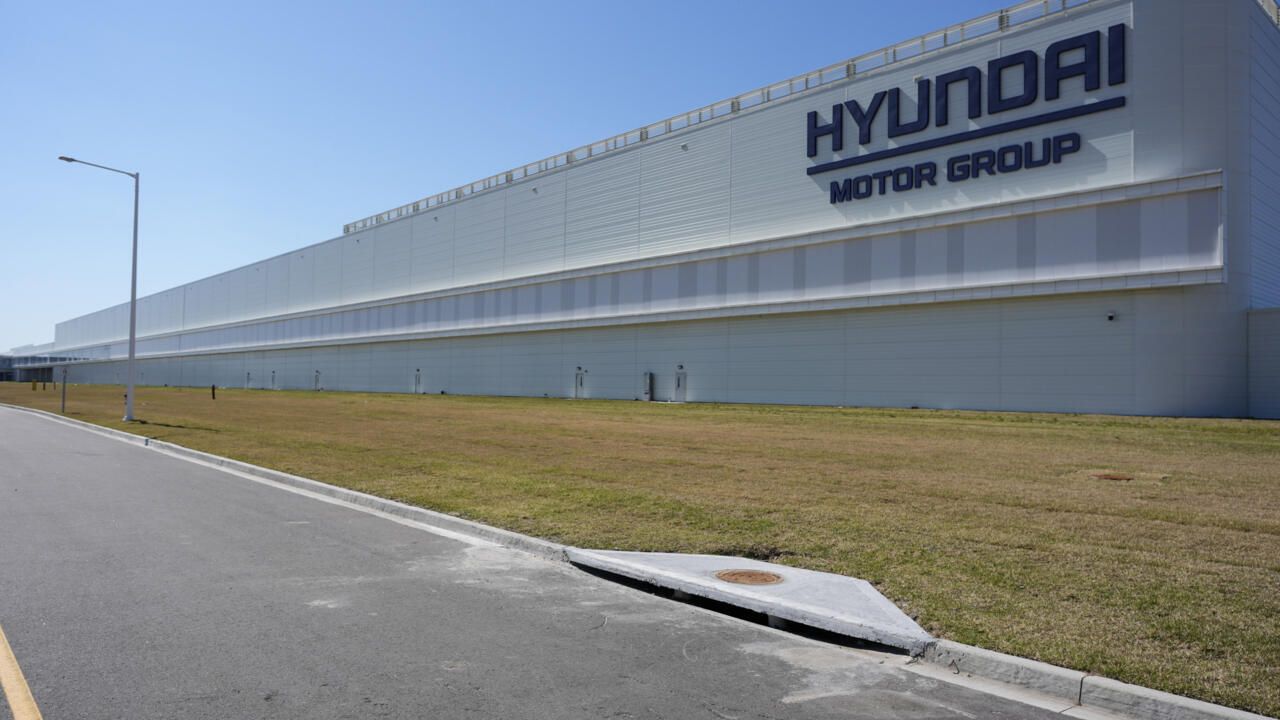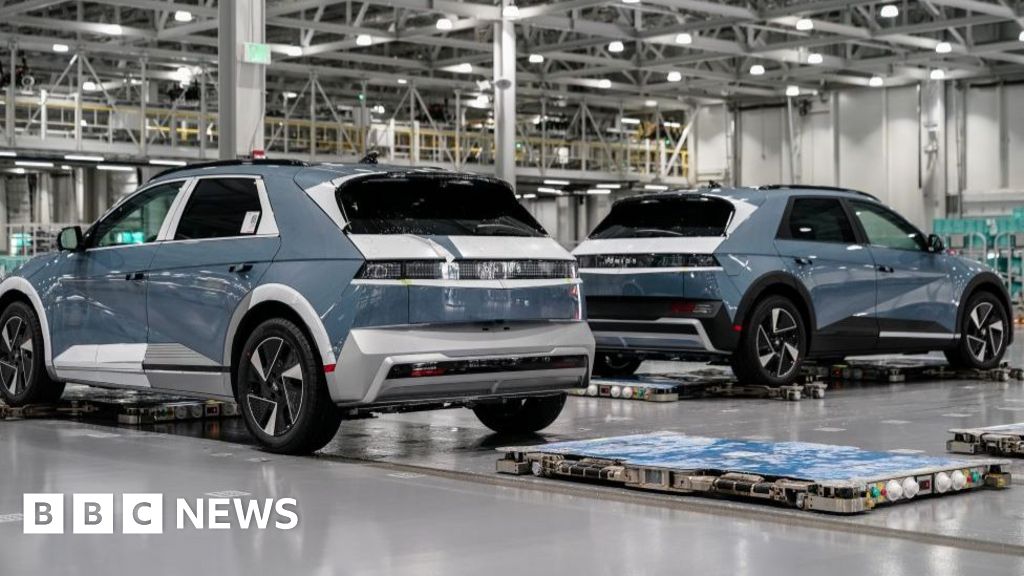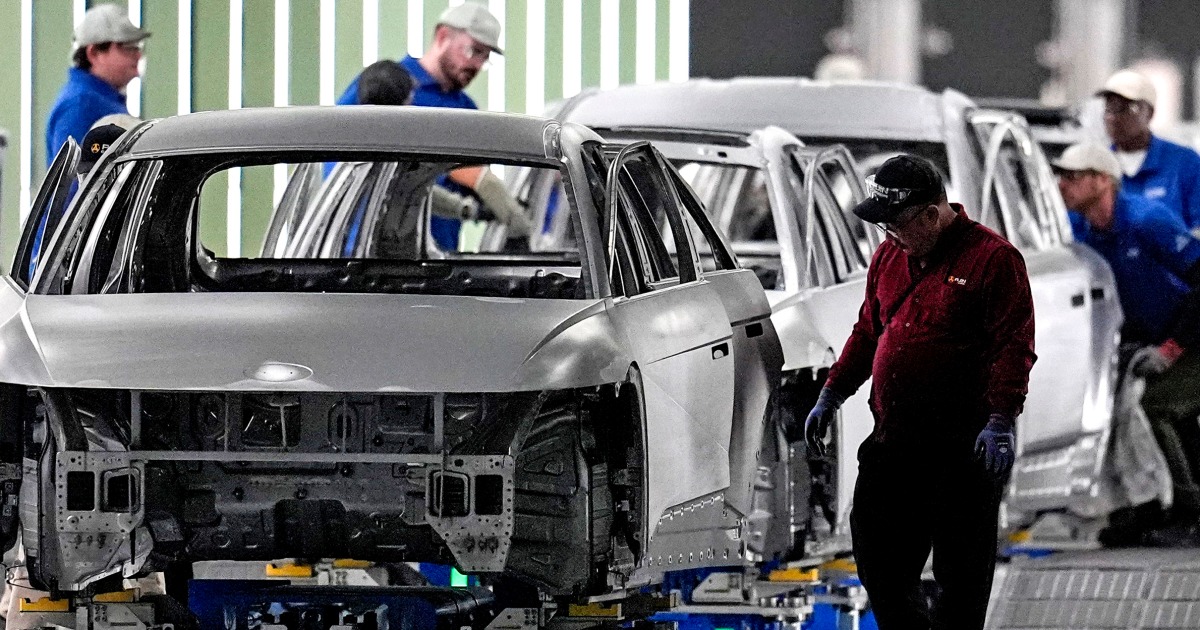Hyundai Revises Forecast Ahead of Investor Day

Introduction
Automaker Hyundai has recently announced a revision to its full-year forecast, citing the impact of ongoing U.S. tariffs. The company's revenue expectations for 2025 have been increased, but its operating profit for the year is expected to be lower than initially forecasted. This news comes just ahead of Hyundai's investor day, where the company is expected to outline its future plans and strategies.
Key Details
While Hyundai is optimistic about its long-term growth, the current economic climate has presented challenges for the automaker. The company has been hit hard by the U.S. tariffs, which have increased the cost of its imports. This has led to a decrease in operating profit and a need to revise their forecast. However, Hyundai remains confident in its ability to adapt and overcome these obstacles, with plans to increase production in the United States and explore new markets.
Impact
The adjustment in forecast highlights the ongoing impact of the U.S. tariffs on the global market. As one of the world's largest automakers, Hyundai's decision to revise its forecast serves as a reflection of the challenges faced by the industry as a whole. It also showcases the importance of flexibility and adaptability in today's constantly changing economic landscape. Despite these challenges, Hyundai remains committed to its long-term growth and will continue to navigate the current economic climate with resilience and determination.
About the Organizations Mentioned
Hyundai
Hyundai Motor Company, founded in 1967 and headquartered in Seoul, South Korea, is a leading global automotive manufacturer known for its broad portfolio of vehicles and technological innovation[5]. It operates the world’s second-largest automobile manufacturing plant in Ulsan, South Korea, with an annual capacity of 1.6 million units, and sells vehicles in 193 countries through 5,000 dealerships[5]. Hyundai is part of the Hyundai Motor Group, which also owns Kia Corporation and the luxury brand Genesis. Hyundai has established itself as a major player in the global auto market, ranking as the third largest carmaker worldwide by production as of late 2024[5]. The company is aggressively expanding its electric vehicle (EV) lineup, including models like the Ioniq 6 and the upcoming Ioniq 7, alongside region-specific EVs such as the IONIQ 3 for Europe, India's first locally designed EV, and China-produced Elexio and electric sedans[1][3][5]. It plans to achieve global vehicle sales of 5.55 million units by 2030, with electrified vehicles (hybrids and EVs) accounting for 3.3 million units, reflecting a strong commitment to electrification and sustainability[1][2]. Hyundai’s innovation extends beyond vehicles into software and AI, advancing its Software-Defined Vehicle platform with AI-driven features and over-the-air updates, exemplified by technologies like Pleos Connect and AI assistants Atria, Gleo, and Capora[1]. The company is also investing heavily in next-generation battery technology, extended-range EVs launching from 2027, and manufacturing expansions aimed at increasing production capacity and efficiency globally[2]. Sustainability is a core focus, with Hyundai aiming for carbon neutrality by 2045, implementing circular economy initiatives such as recycling materials from end-of-life vehicles, and investing in renewable energy[4]. Financially, Hyundai has shown strong growth















